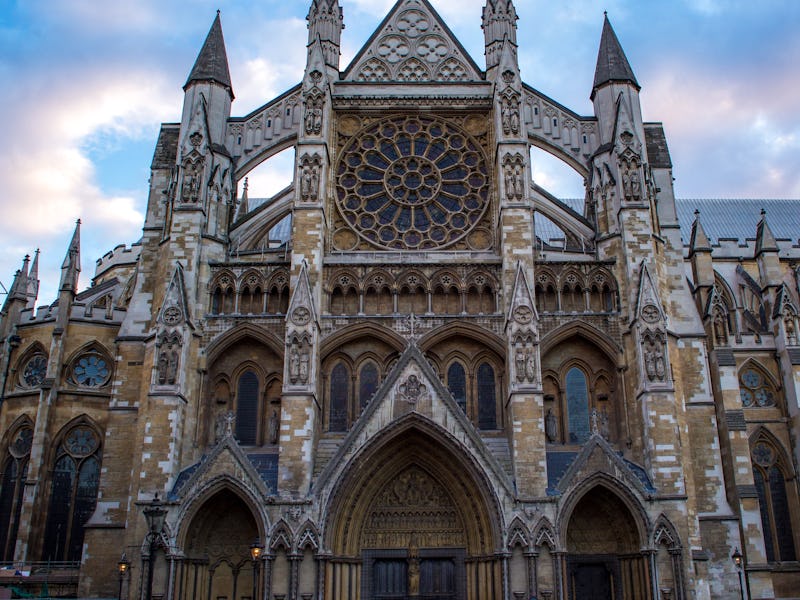Stephen Hawking's Ashes Will Be Buried Near Two Scientific Greats
He's in extremely good company.

The scientific world was left in an “intellectual vacuum” last week after legendary theoretical physicist Stephen Hawking died at age 76. Commemorating his death has been difficult; not many of us have ever had the chance to honor such a preeminent mind. But the British government, having been through this many times before, knows exactly what to do.
In a statement released Wednesday, the Dean of Westminster Abbey, the Very Reverend Dr. John Hall, announced the location of Hawking’s final resting place: “It is entirely fitting that the remains of Professor Stephen Hawking are to be buried in the Abbey, near those of distinguished fellow scientists. Sir Isaac Newton was buried in the Abbey in 1727. Charles Darwin was buried beside Isaac Newton in 1882.” The British crown primarily uses the Abbey for coronations and for housing the remains of British monarchs and other notable citizens.
Stephen Hawking will be buried at Westminster Abbey alongside scientific legends Isaac Newton and Charles Darwin.
Newton is best known for establishing the laws of motion and universal gravitation in the 17th century, setting the stage for modern astronomy. Darwin, the father of evolutionary biology, established how Homo sapiens came to be. Their work — along with that of Hawking’s other Abbey neighbors, the atomic physicists Ernest Rutherford and Joseph John Thomson — was instrumental in creating the scientific environment where Hawking flourished.
Hawking was a staunch atheist despite some religious groups claiming he asked for conversion on his deathbed. Nevertheless, he is buried in what’s arguably the most important religious site in Britain. “We believe it to be vital that science and religion work together to seek to answer the great questions of the mystery of life and of the universe,” said Hall in the statement.
The irony of an atheist being interred in a religious building has not escaped the eye of Twitter. Not that Hawking would think it matters now: “I regard the brain as a computer which will stop working when its components fail,” he told the Guardian in 2011.
What might have been more fitting, as at least one Twitter user has pointed out, is that Hawking be laid to rest in an object that he was probably more familiar with than anyone in Earth’s history: a black hole.